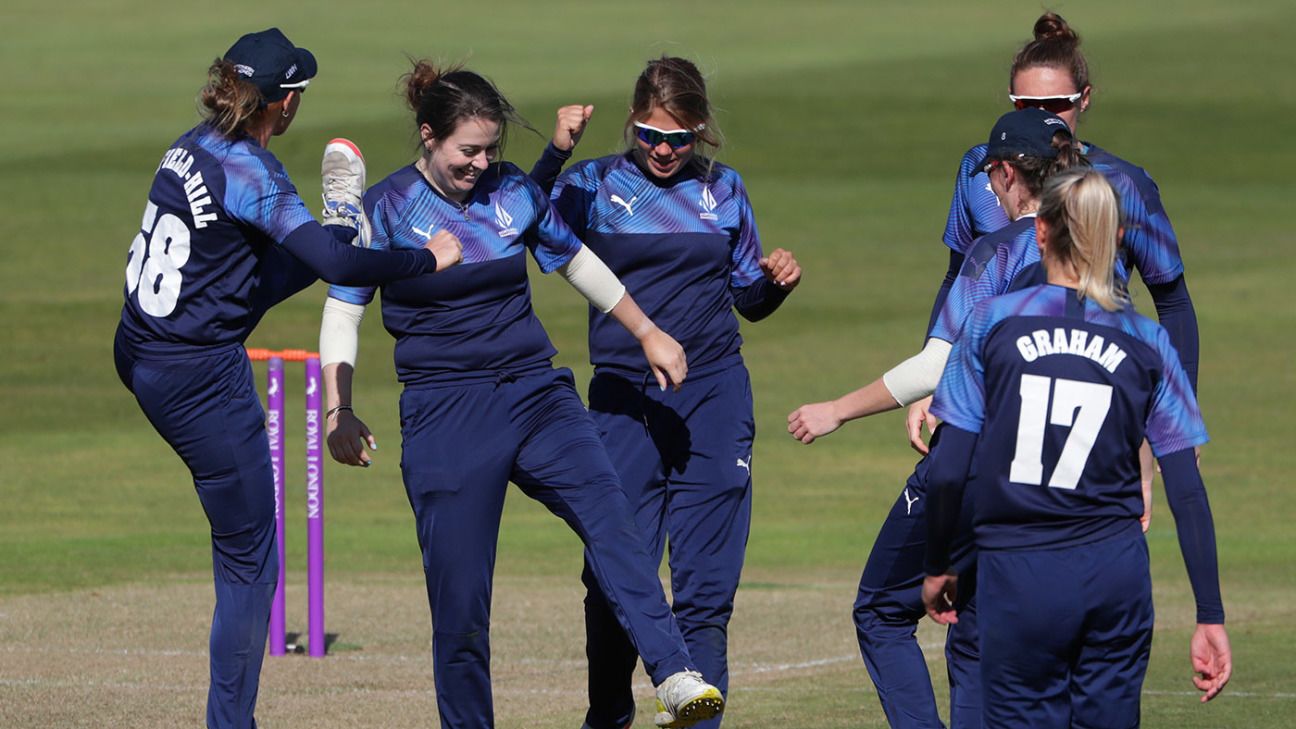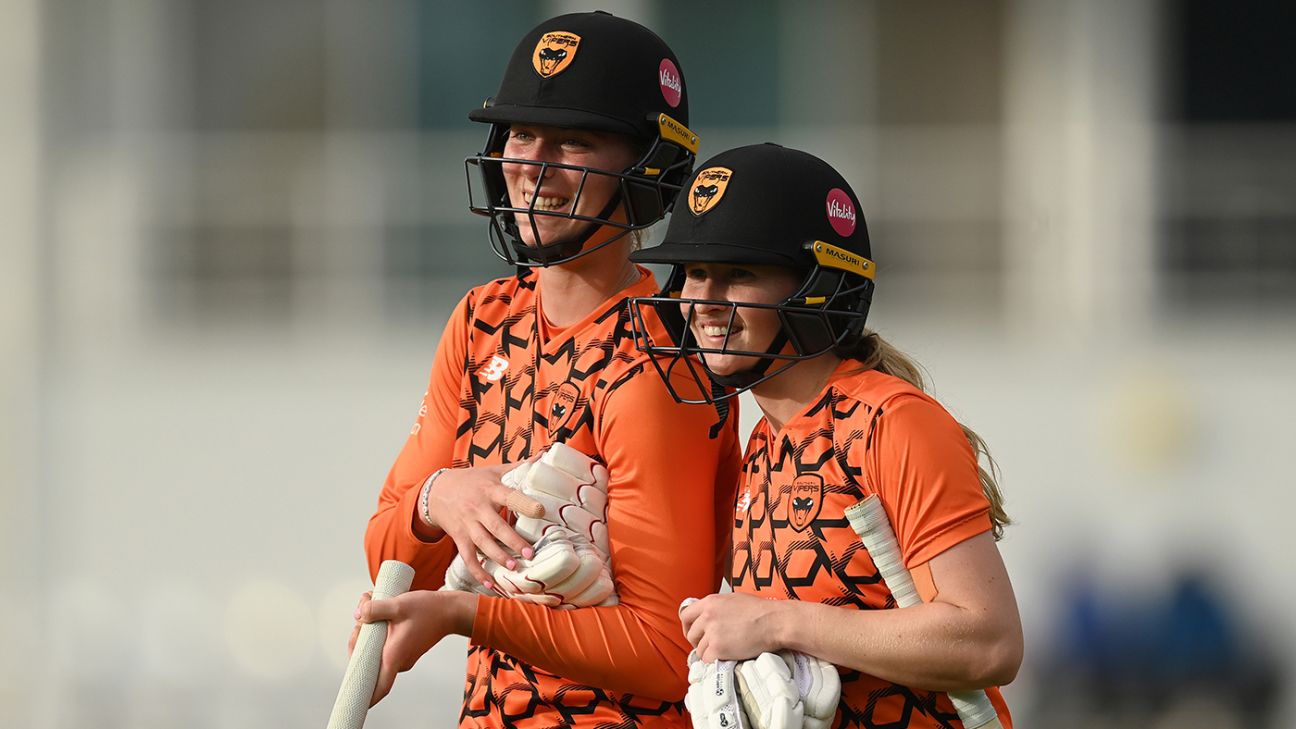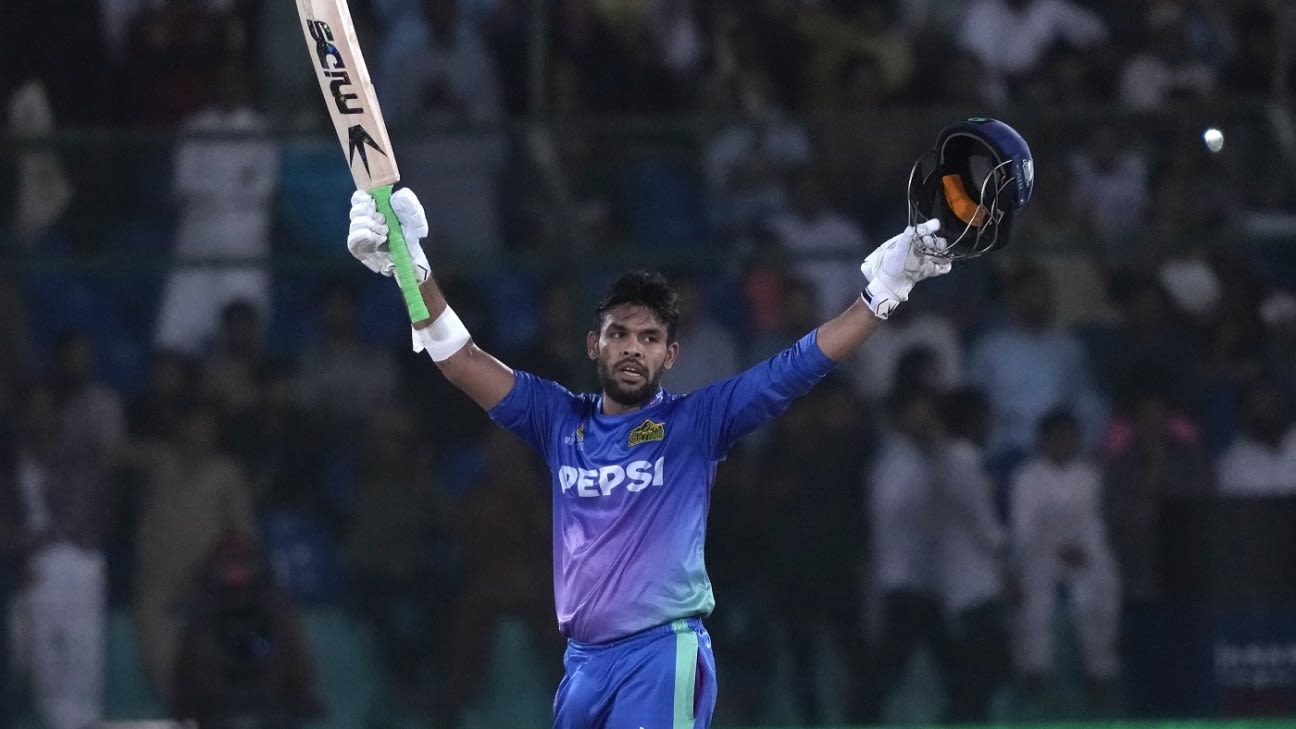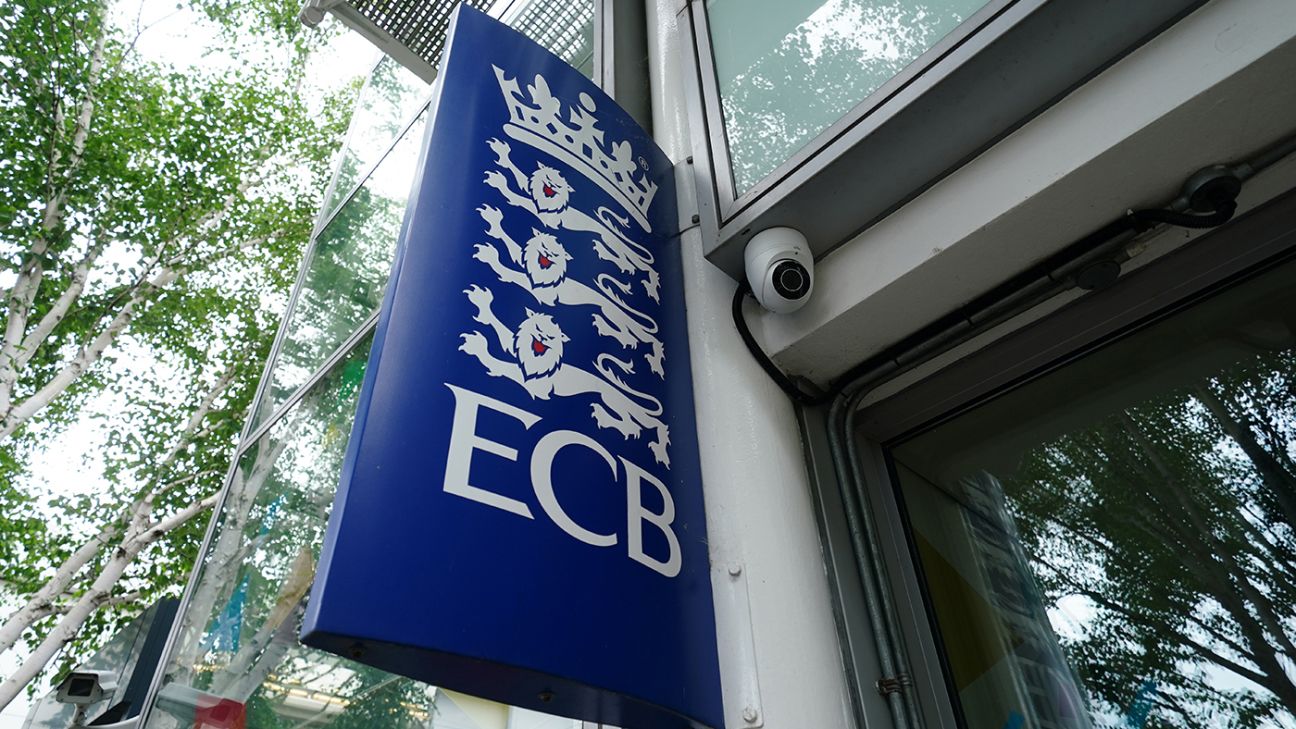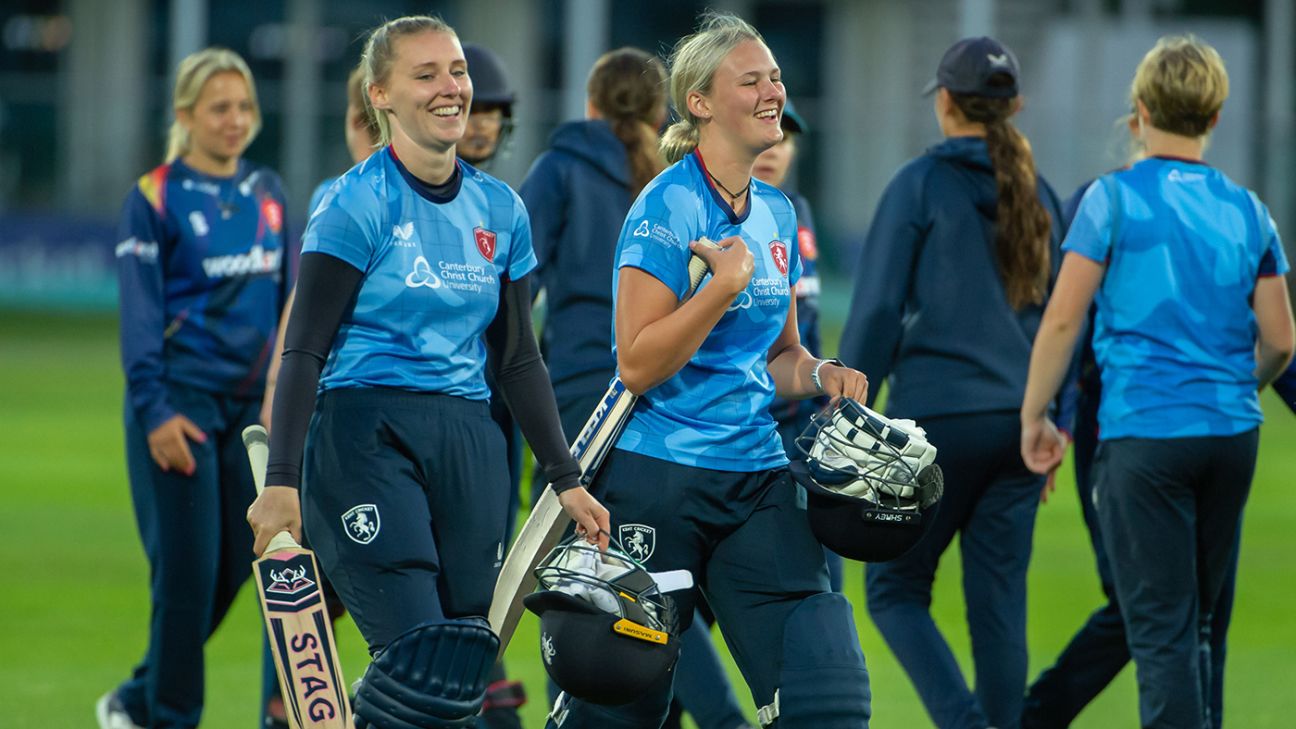Sussex Chairman Dismisses Breakaway League Fears Over Hundred Ownership Changes
Sussex chairman Jon Filby has dismissed the notion of a breakaway league by the Hundred-hosting counties as “completely not to be feared.” The ECB and the 18 first-class counties have been engaged in discussions regarding changes to the Hundred’s ownership model, with a proposal to open up the eight teams to private investment.
However, the counties have yet to reach an agreement on revenue sharing. The ECB initially requested a decision by May 10, but the non-host counties are seeking independent advice, potentially delaying the process. Filby emphasized the importance of thorough due diligence before making a decision.
Despite concerns raised by ECB chief executive Richard Gould about losing momentum, Filby expressed confidence in reaching a deal. He acknowledged the need to capitalize on the Hundred’s upcoming season as a showcase for the competition.
The prospect of a breakaway league has been raised, but Filby believes it is unlikely. He questioned the viability of such a league, given the lack of opposition and player availability.
The non-host counties are reportedly seeking a fair distribution of revenues, with Filby stating that they will not be rushed into a decision. He emphasized the need for a clear position before the Hundred’s season concludes.
The discussions over the Hundred’s future have highlighted the growing influence of the top counties in English cricket. Leicestershire chief executive Sean Jarvis has compared the situation to the Premier League in football. However, Filby believes that the non-host counties should remain firm in their negotiations.




